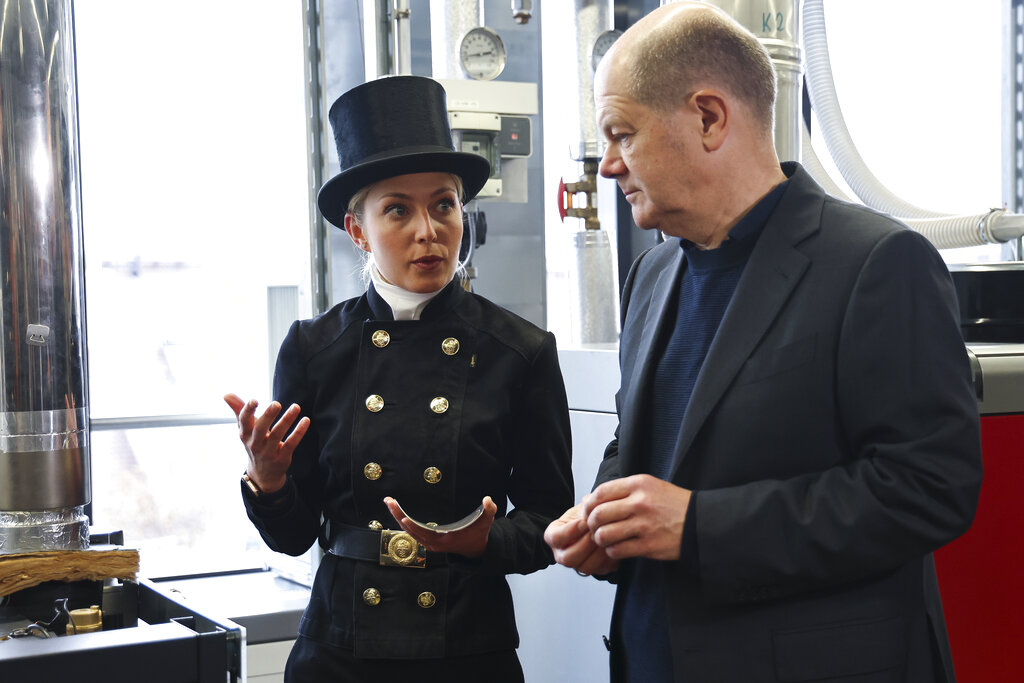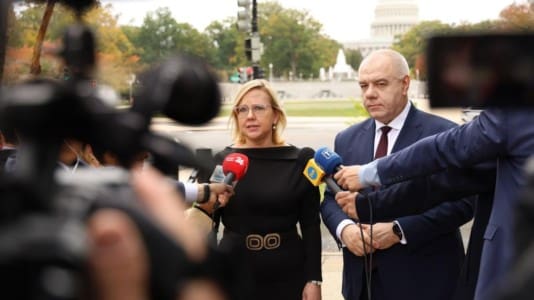Delivering yet another lesson on the might and weight in Europe of the German economy, the Bundestag on Friday approved a €200 billion relief package to help its citizens and businesses struggling with rapidly rising energy bills. However, the massive financial package is pitting Germany against much of the rest of the EU.
“Prices have to come down, so the government will do everything it can,” Chancellor Olaf Scholz said at a press conference flanked by Vice-Chancellor and Economics Minister Robert Habeck and Finance Minister Christian Lindner.
The plan comes just in time for Germany, where both industry and consumers are facing skyrocketing energy prices, and will allow private households to benefit from a price cap of 80 percent of their normal consumption from March. The price cap for large companies will come into force in January.
But the move is only possible with the suspension of the debt brake enshrined in the country’s constitution. The debt brake limits the federal government’s structural net borrowing to 0.35 percent of GDP; however, it can be suspended in the event of an “extraordinary emergency.”
“This is good news for everyone” Scholz tweeted on Saturday.
But, to the dismay of EU member states hoping for a joint EU price cap at the Thursday-Friday summit, Germany’s domestic borrowing plan took the wind out of the initiative, which cannot possibly be carried out without German money.
“Without a common European solution, we seriously risk fragmentation. So, it is paramount that we preserve a level playing field for all,” European Commission President Ursula von der Leyen said over the weekend, without mentioning Germany.
Responding to EU Commissioner for Economy Paolo Gentiloni’s and Internal Market Commissioner Thierry Breton’s comments on how the German move could impact a common European solution, Scholz directly addressed Frenchman Breton’s implied criticism.
“Commissioner Breton can certainly look around him, where he comes from, and therefore know that the measures we are taking are not unique, but are also being taken elsewhere and are justified,” Scholz said in a not-so-subtle reference to Breton’s home country.





